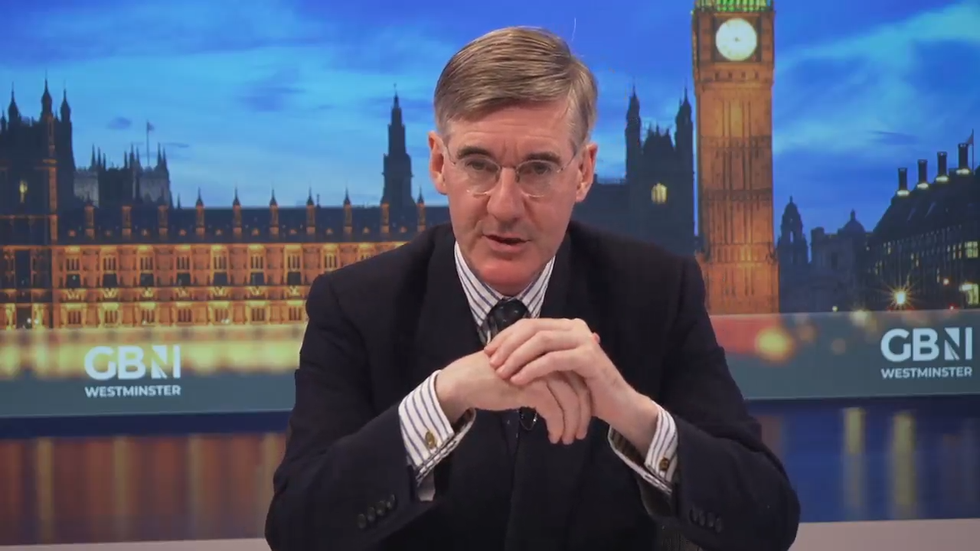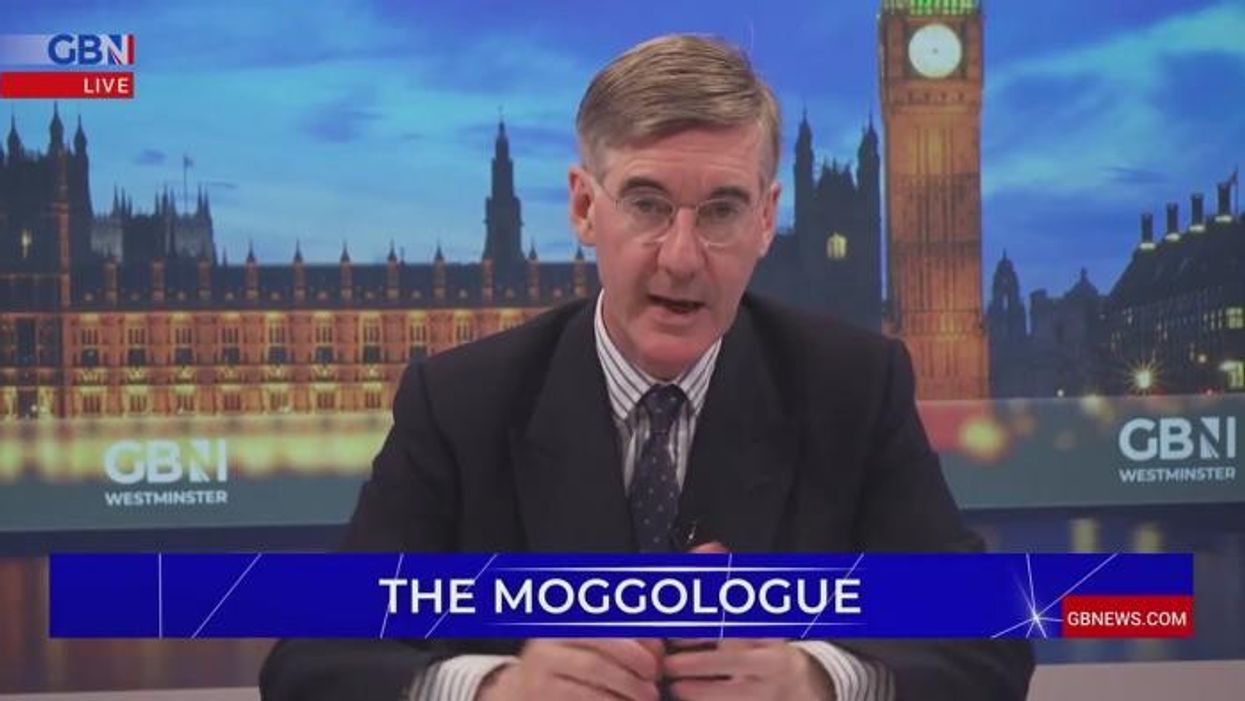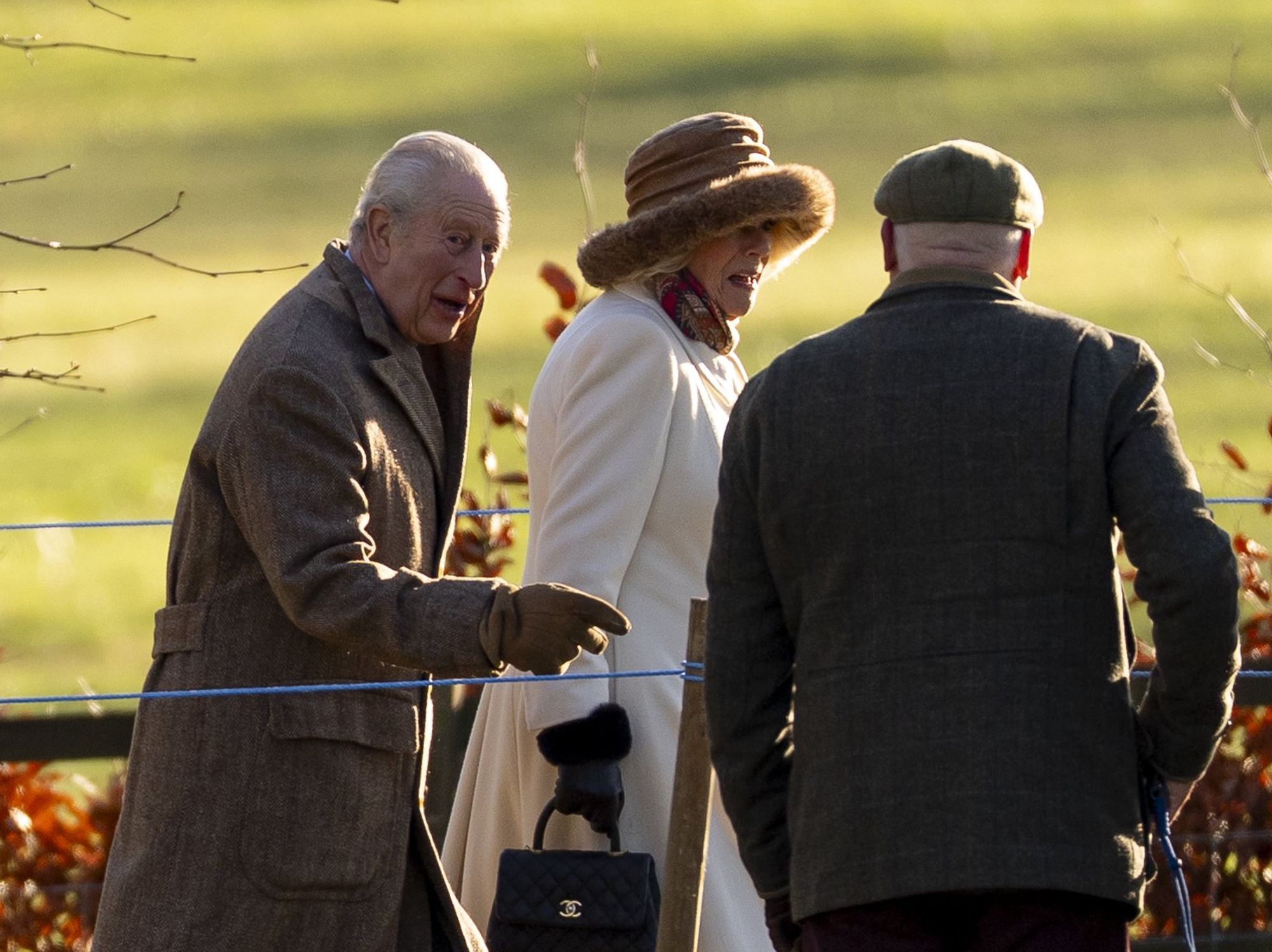The King's Speech is patriotic, but we must be wary that it being fully implemented is a rare event, warns Jacob Rees-Mogg

Things are not as straightforward as they may seem - and if something sounds too good to be true, that means it probably is
Don't Miss
Most Read
Latest
Pomp, ceremony, horse and carriage, St Edward's Sapphire, the Black Prince Ruby - the state opening of Parliament is a reminder that we are governed by the King in Parliament.
The executive and the legislature come together with the judges in attendance.
The King's Speech is the foremost ceremonial event of the parliamentary calendar, where His Majesty the King sets out his government's agenda for the coming year.
Earlier today, more than 35 legislative ambitions were set out from planning reforms to renationalising the railways to VAT on private schools to stopping your children smoking.

Jacob Rees-Mogg delivers his verdict on the King's Speech
|GB News
The government's political capital is always at its highest immediately after a general election victory.
This is reinforced by the splendid ceremonial as the public sees grandeur, leadership and unity combined with a sense of national pride.
The government then has an opportunity to set out, via the sovereign's own lips, its proposals, which gives them a seal of respectability.
As so often in life, things are not as straightforward as they may seem. And if something sounds too good to be true, that means it probably is.
The complexities and intricacies of parliamentary procedure, the means by which laws are passed, present hurdles, scrutiny and bureaucracy at every stage, meaning the chance of an initial idea set out in The King's Speech being fully implemented is a rare event.
This was effectively admitted in today's speech, where a number of bills will merely be in draft, and some firm proposals in the election, such as retirement age for peers of 80, have been downgraded to consultations, consultations, debates, legal compliance and menu and scrutiny.
Practical application, and both internal and external opposition all present barriers to giving effect to the government's endeavours. The physical act of legislating is a long and complex process. This is true even before it begins in the Houses of Parliament.
For example, a bill proposed in the Commons faces a minimum of 12 different stages before becoming law. First reading, second reading, Committee stage, report stage, third reading, then moving to the Lords for another first reading, second reading, Committee stage, report stage and third reading, again followed by consideration of amendments in both houses, by both houses, and finally receiving the Royal Assent. That is, when something goes smoothly.
A politically contentious piece of legislation is often sent back and forth between the two houses in a thing known as ping pong, with one proposing amendments that the other reject a number of times. This can lead to significant changes to a bill, as a government compromises to ensure that its bill gets through in some form. Yet a new government has a further challenge, which is to get legislation written in the first place.
A proposal in a manifesto is not a workable piece of law. The detail of the policy will need to be developed. Then legal instructions will have to be drawn up which are passed to the parliamentary counsel who will write the legislation. This can take months, so the early stages of this government will probably be the introduction of bills that are left over from the conservatives, items of an essentially second tier nature, such as the football regulator and the ridiculous smoking ban, which will be debated to allow time for the parliamentary draftsmen to write the legislation that will define this government.
This is a process that is difficult to accelerate, because there's only a limited amount of legal expertise which can actually draft legislation.
So Labour will be facing, for the first time, many of the obstacles that it put in place during the '97 to 2010 period of office, the increased power of the courts which led to the creation of the Supreme Court and the ability of legal action to stymie political decision making, is so much greater now than it was for most of the Blair-Brown years.
This is one of the reasons why decision making has been so sclerotic, and it turns ambitious legislative programs into wormwood.
Yes, the King's Speech is splendid, majestic, patriotic and unifying, but we must be wary of the realities of turning ideas into practice within the parliamentary system.











